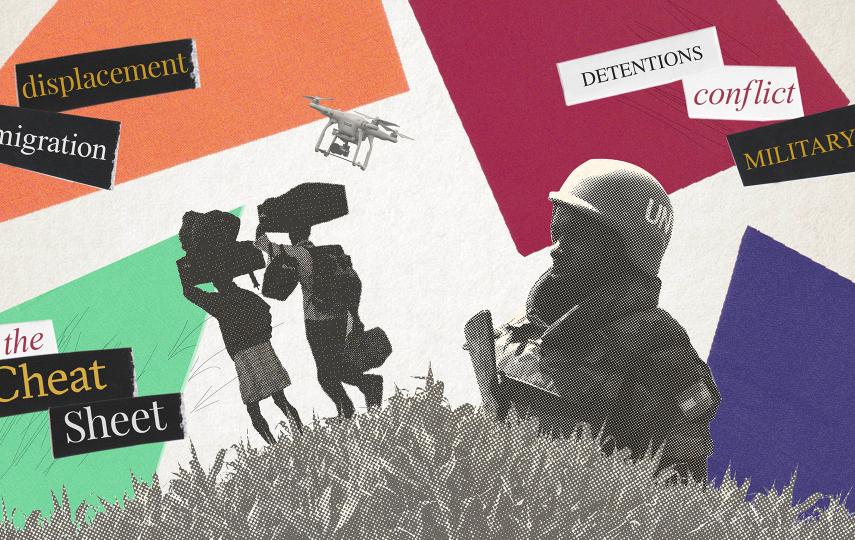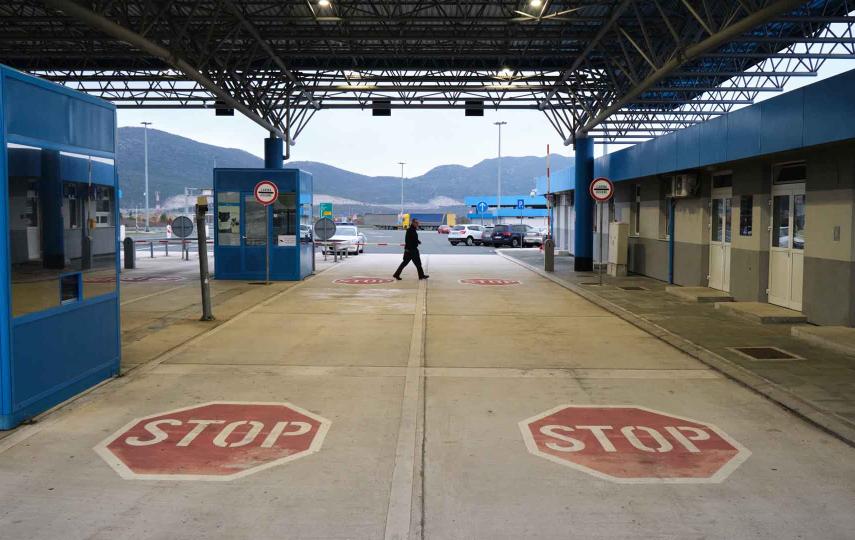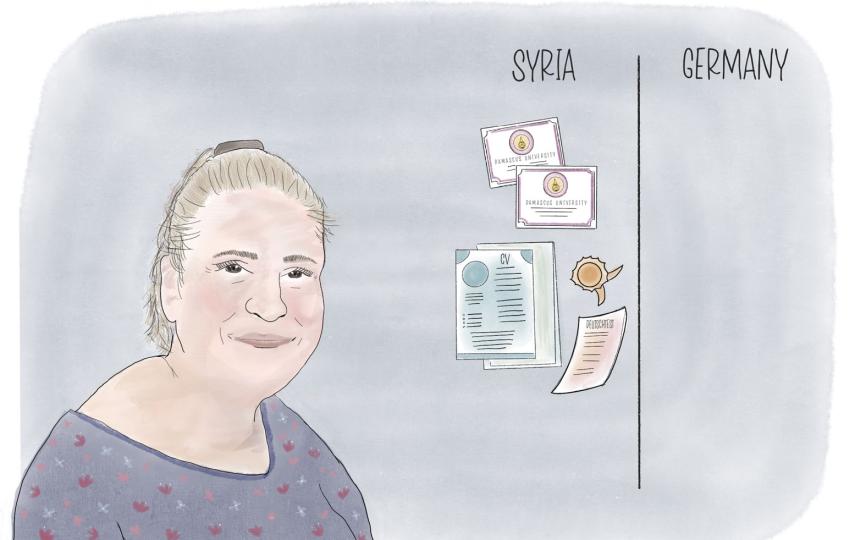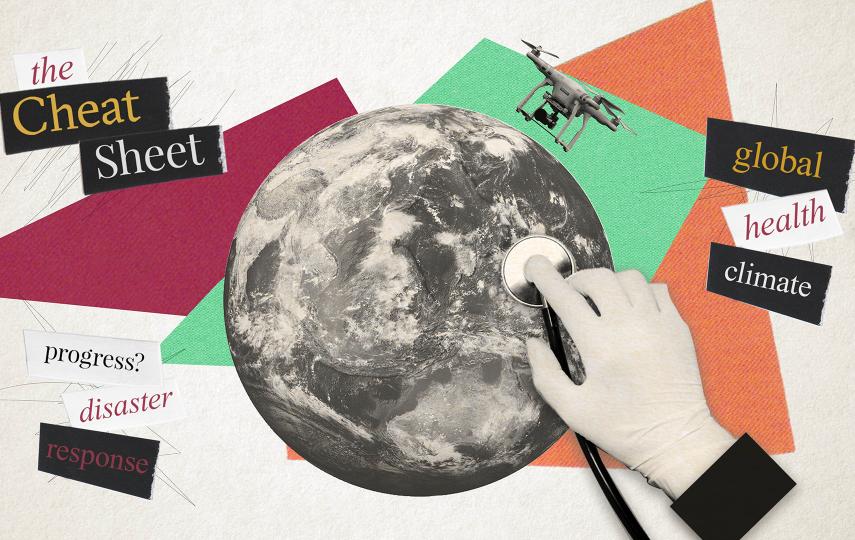For refugees who can’t go home, starting over in a new country can be a life-changing opportunity – for generations. But the chances of that, even for the most deserving cases, are less than one in 20, according to new data from the UN.
The UN refugee agency reported on Wednesday that 63,696 refugees were offered resettlement in 2019, slightly more than in 2018. Those were placed from an estimated 1.4 million potential cases – just 4.5 percent.
Every year, UN refugee case-workers prepare files of candidates eligible for “resettlement” – those who are most vulnerable in the country they have taken asylum in, or who face special threats back home. Once accepted by the receiving country, resettlement usually means not just an air ticket and accommodation, but a clear path to permanent residency and citizenship.
The total number of available places has dropped almost half from a peak of over 120,000 in 2016, due largely to a change in the US quota, slashed by President Donald Trump’s administration.
Although refugee advocates have criticised the change of policy, the United States remains the largest receiving country for these UN-organised schemes, offering one third of places in 2019. Other countries have not filled the gap.
bp/ag




